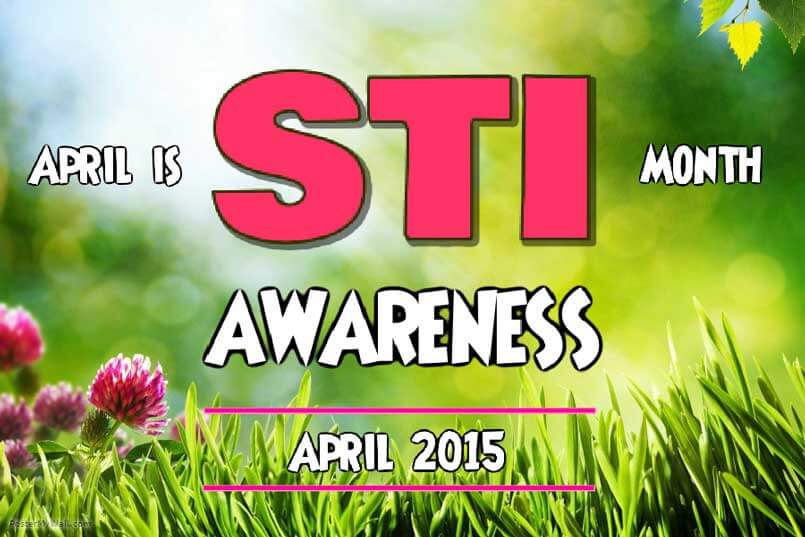Sexually Transmitted Infections (STI) Awareness Month, is an opportunity to raise awareness about STIs and the importance of discussing sexual health with healthcare providers and your partner(s). It’s also an opportunity for parents to talk to their children about safe sex.
Sexually Transmitted Infections are spread through sexual contact (oral, vaginal and anal). STIs often cause no immediate symptoms, making it easy for individuals to pass infections to their sex partners without even knowing it. Common STIs include: HIV/AIDS, HPV, Herpes, Hepatitis, Syphilis, Chlamydia and Gonorrhea. Some of these infections are curable while others result in lifetime infection. It is important for individuals to get tested for STIs. If a person tests positive it is important that he/she receives treatment as soon as possible because if left untreated, some STIs can cause sterility and death.
The good news is that STIs are preventable and there are many ways you can lower your risk:
- Use condoms. Stop in the FCP Community Health Department and ask for a brown bag. Condoms are FREE to tribal members and their families.
- Mutual monogamy. You agree to be sexually active with only one person, who has agreed to be only be sexually active with you.
- Practice Abstinence– I00% effective. This means choosing not to have any kind of sex (oral, vaginal and anal).
- Communication. Talk with your partner(s) about STIs prior to sexual activity.
- Get Tested. Prior to having sex make sure that you and your partner are tested for STIs.
- Get Vaccinated. Vaccines are available for HPV and Hepatitis.
- Avoid alcohol and drug use. Reduce your ability to make good decisions and practice safe sex.
If you have questions about STIs or think you might have been infected, talk to your healthcare provider. They will offer more information and help you determine what tests or treatments you may need.
Reference: Centers for Disease Control and Prevention: http://www.cdc.gov/std/


